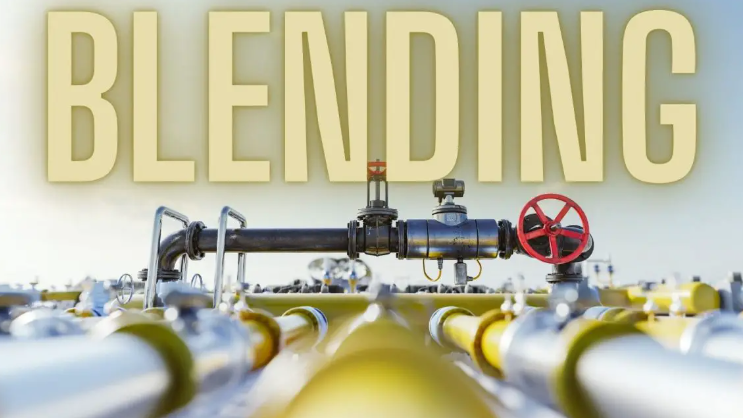
The potential for using H2 remains strong, but there remain challenges to its widespread global use.
According to Andrés Gluski, CEO of the AES Corporation, natural gas will still be a necessary fuel for the next two decades. The US, the European Union and other major economies worldwide have all been developing plans that involve transitioning away from fossil fuels and toward zero-carbon energy technologies such as H2.
That said, this type of undertaking is absolutely enormous in terms of its requirements for planning, funding, technological development, and political participation. While commitments are made to implement zero-carbon energy strategies, predictions show that this will take time to accomplish, and for the moment, natural gas will need to stay in place, at least to some degree.
Still, even though we might not be ready for full H2 implementation quite yet, hydrogen blending is still very promising.
The AES CEO, pointed out that H2 alone might not be the solution quite yet, but hydrogen blending can help to reduce the carbon emissions from natural gas until the next stages of transition can be achieved.
The next 20 years might still require natural gas, but hydrogen blending can reduce CO2 emissions.
“I feel very confident in saying that, for the next 20 years, we need natural gas,” said Gluski last week. “Now, what we can start to do today is … start to blend it with green hydrogen.”
“So we’re running tests that you can blend it up to, say 20%, in existing turbines, and new turbines are coming out that can burn … much higher percentages,” he went on to explain. “But it’s just difficult to see that you’re going to have enough green hydrogen to substitute it like, in the next 10 years.”
With that said there is one company that’s stating they have the technology to make existing pipelines ready for hydrogen, and it’s now easier and more cost-effective than ever. With Oceanit’s HydroPel, they state that hydrogen transport can be done safely and efficiently, while avoiding a 68% increase in costs to build pipelines specific to hydrogen gas. The “ultra-slick” surface of the product reduces drag and costs associated with compressing and transporting the gas, while also lowering the risk of embrittlement, fracture and explosions along the way.
The more the world learns through hydrogen testing, the more it will have time to develop new technologies and confidently implement them. From there, the use of natural gas can be phased out and green H2 can take its place.